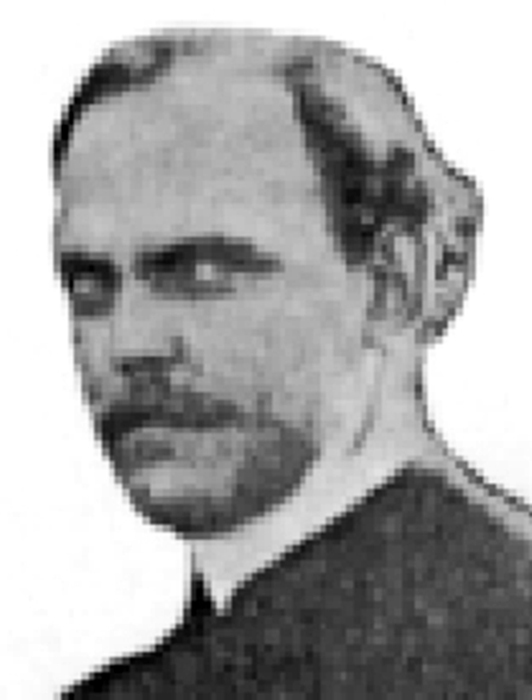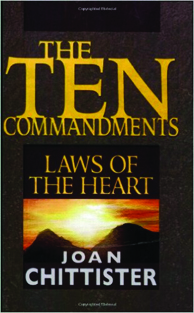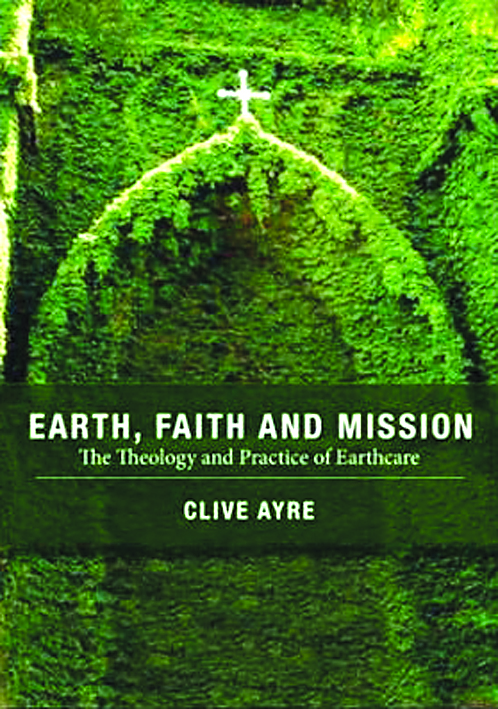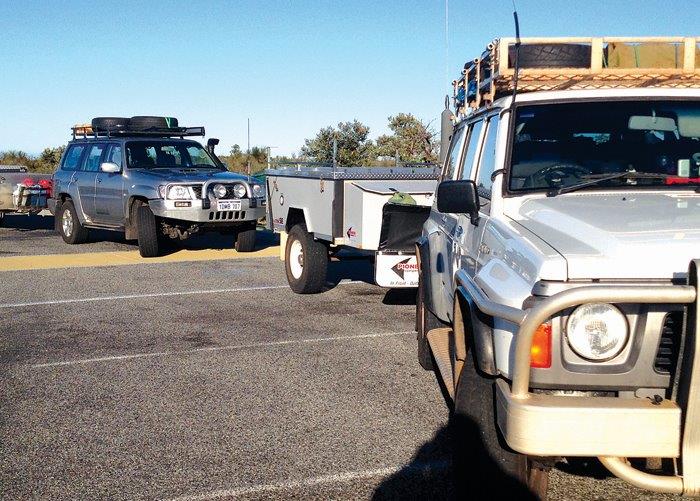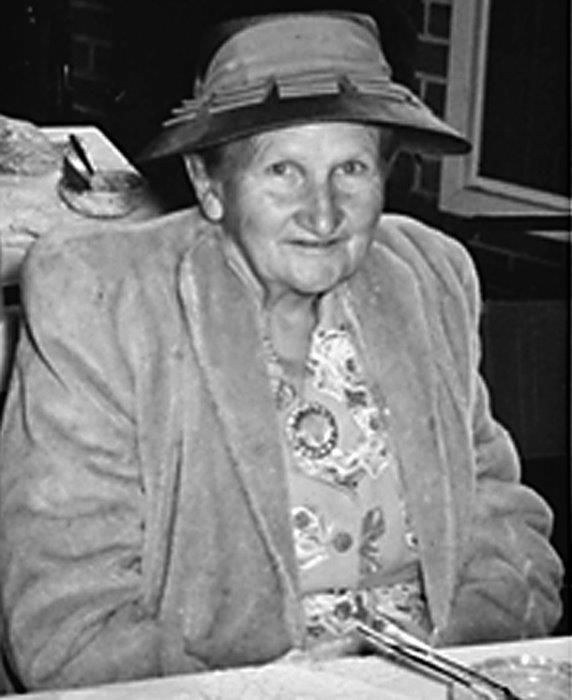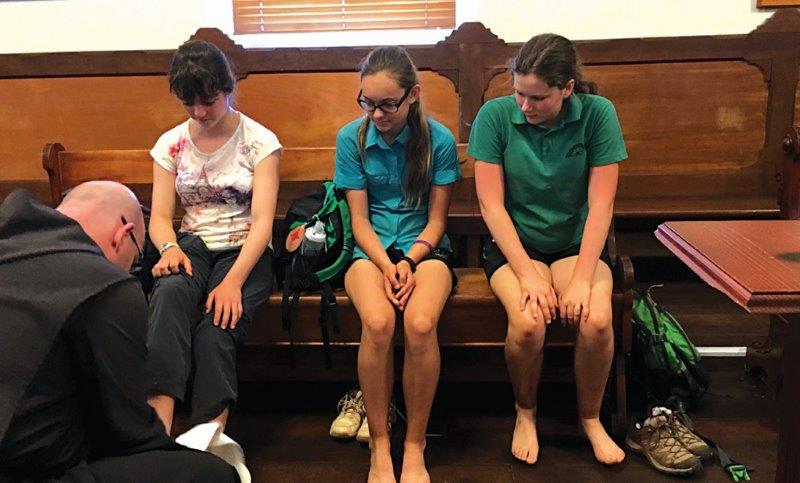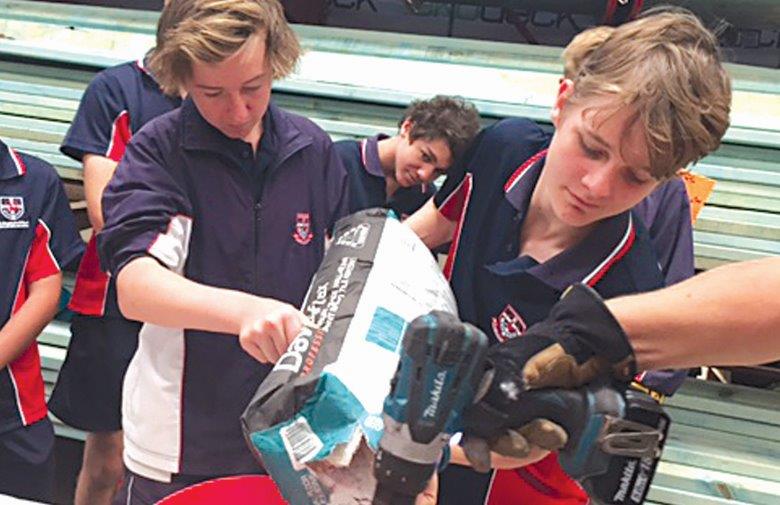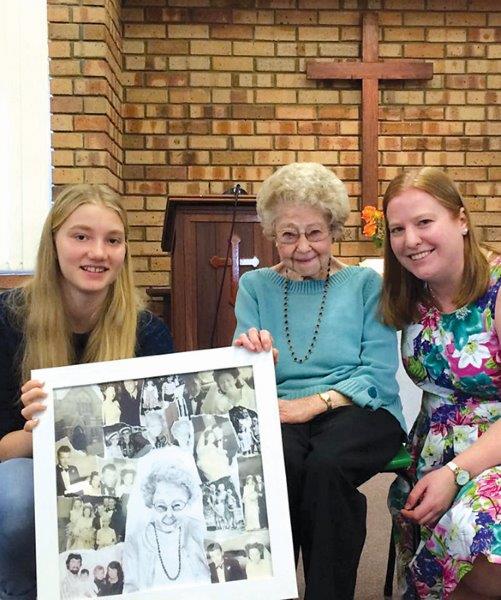If the definition of insanity is doing the same things over and over and expecting a different outcome, much of the Christian church can be classified as insane. We can explain our behaviour away by saying that we’re being true to our calling, but is that really the case?
Here in the Synod and Presbytery of WA we use the language of change, of being missional and contextual, but don’t have to scratch the surface much to see that we’re still doing the same things that we did 20, 30, 50 years ago. Alternatively we try to cover the church’s decline* with a layer of hope, but we don’t change anything.
And yet, if we think about what things were like back then, even only 20 years ago, it is obvious that while our lives, and the life of our communities have changed dramatically, church culture and practices have not. As a consequence, the relevance gap between the average person and the Christian church is growing increasingly wider. As Graham Horsley states, the church has not coped well with these massive changes happening around us. Too much of our restructuring hasn’t challenged our basic assumptions about church, ministry and mission. Changing policies doesn’t change our culture – and that’s what we need.
